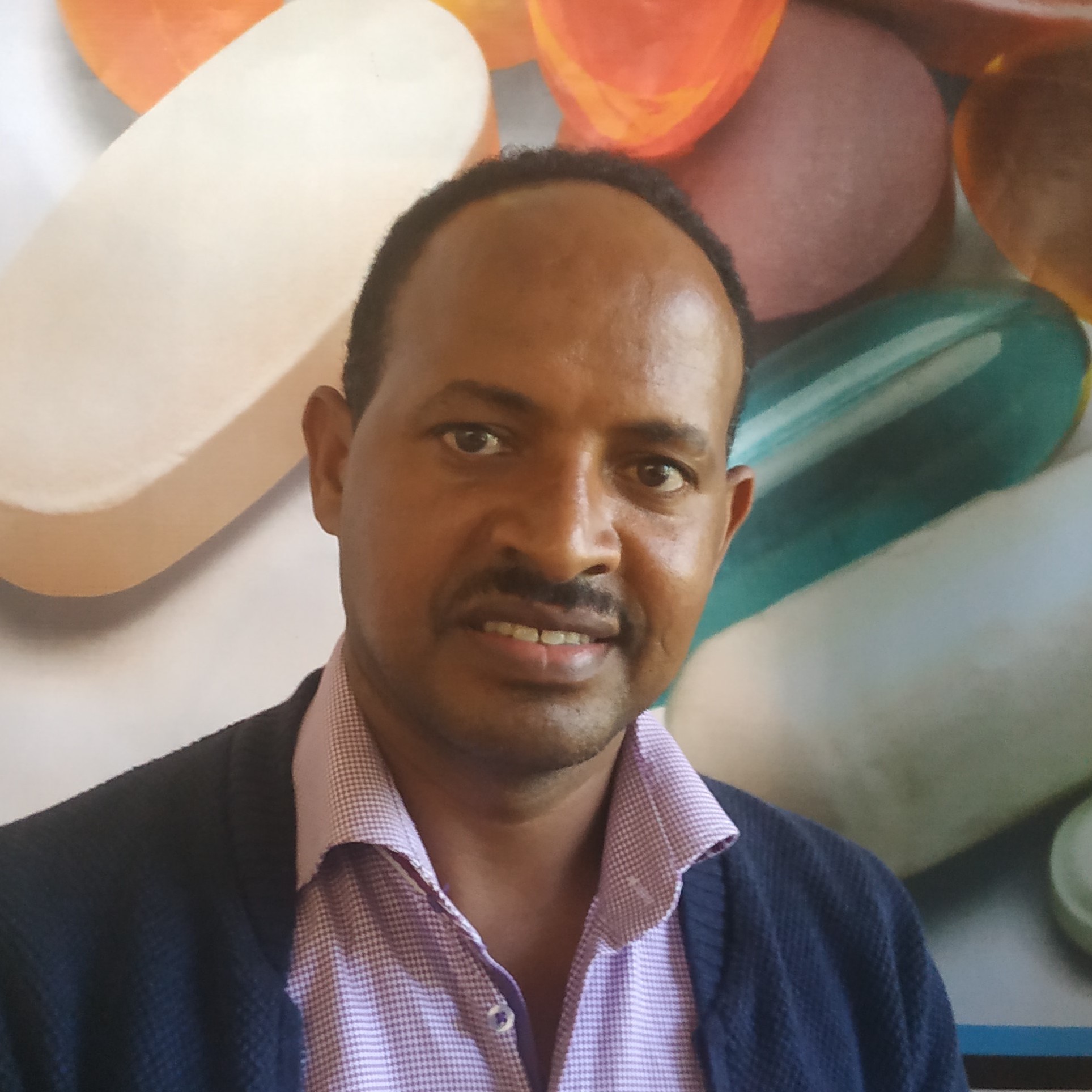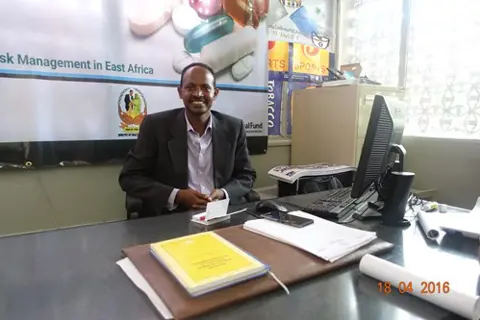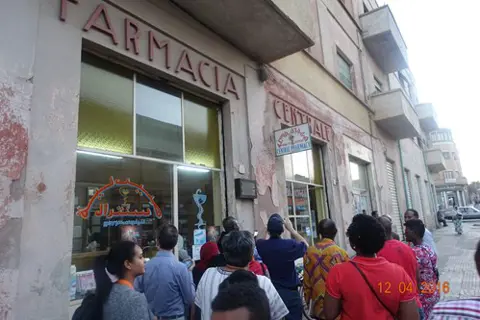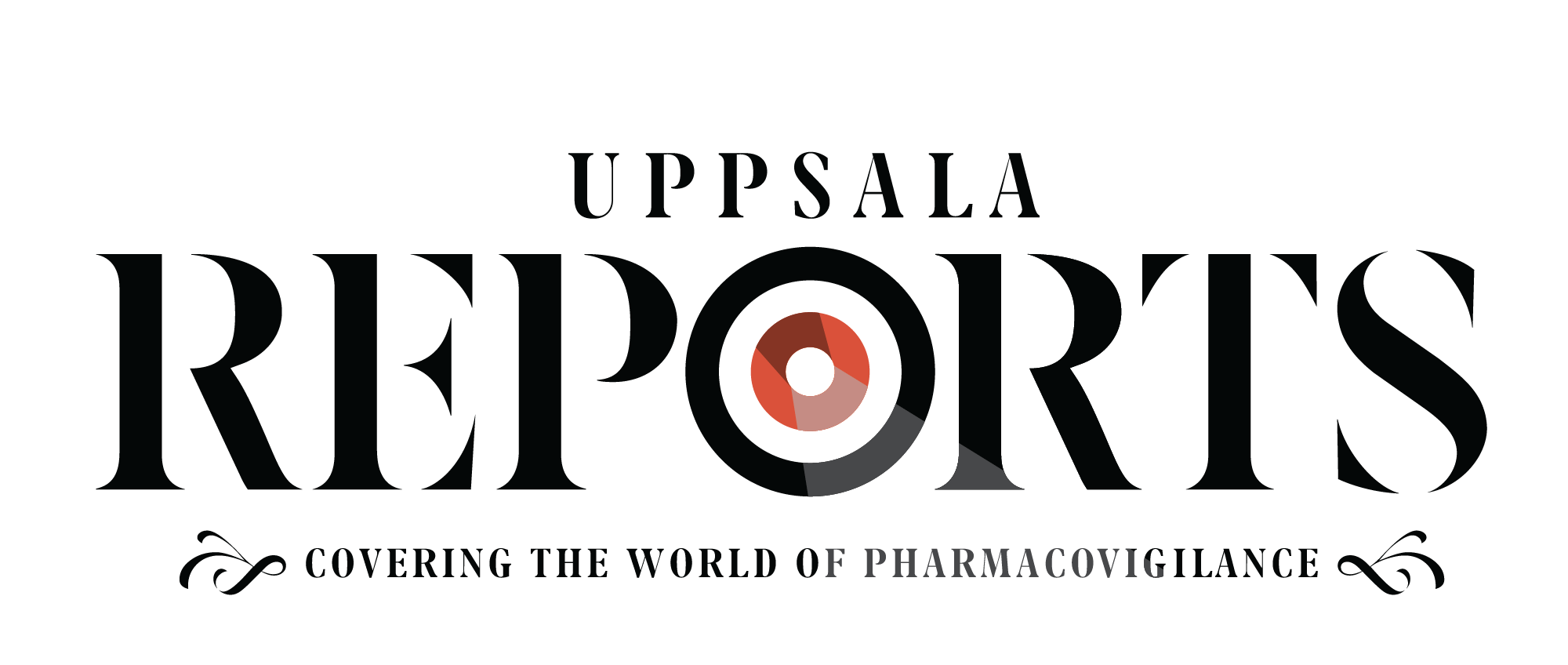
Signal detection is a challenge for many pharmacovigilance officers, especially those working in low- and middle-income countries. This was widely discussed during the 2014 National Centres meeting in Tianjin, China, where many representatives including myself voiced our concern at being unable to detect safety signals. Many countries with small national databases of reported adverse drug reactions (ADRs) and a limited pharmacovigilance workforce find it difficult to detect safety signals that primarily concern their domestic market.
In 2014, a public health programme manager in Eritrea expressed his satisfaction in seeing pharmacovigilance flourish and diffuse within the healthcare system, which improved the collection of reports of adverse effects from all parts of the country. The manager then asked if pharmacovigilance was only about collecting and reporting ADRs. There was a concern that the national pharmacovigilance programme wasn’t equipped to address all safety issues related to medicines in Eritrea. This motivated the centre to run a practical signal detection course from Uppsala Monitoring Centre staff in the country’s capital Asmara in 2015.

Following this UMC course, the Eritrean National Centre (NC) detected two relevant safety signals of public health interest: artesunate/amodiaquine-induced extrapyramidal reactions in children and young adults, and a rapid diagnostic test for malaria that failed to detect malaria parasites. These signals gained much attention from the international community. In 2016-2017, six more safety signals were detected.
Having a small national database of ADRs, it is impractical to look at statistical signals the way many high-income countries do.
Instead, weekly case-by-case assessment is the main strategy for signal detection in Eritrea, which helps the NC detect safety signals even based on a single case report.
The Data Processing (DPS) and Signal Management Sections (SMS) of the NC are the main players in checking completeness of ADR reports and quality of case assessment approaches. The DPS ensures that individual case safety reports (ICSRs) are as complete as possible and arranges routine causality and preventability assessment sessions. Once a potential safety signal is identified, it is the turn of the SMS to go for further signal assessment.
Another strategy is involving physicians in the case assessment process. Recently, the NC has recruited three volunteer pharmacovigilance medical officers to take part in the weekly case assessment sessions and signal detection processes. UMC’s search and analysis tool VigiLyze, which allows for country-specific views of data from WHO’s global ICSR database VigiBase, has also been important in strengthening some safety signals.

ritrea's national centre routinely communicates with manufacturers and public health programme managers, and some of the signals identified by the centre have motivated regulatory action, such as product label changes, post-authorisation safety studies, inclusion of the identified risk into boxed warnings, restriction in use and availability of the product, as well as the withdrawal of a product from the domestic market.
Previously, our regulatory decisions have relied on safety communications from big regulatory agencies, many of which are not relevant to our situation. Though most of the safety signals identified by the NC are new adverse drug reactions, important safety issues encountered with inappropriate use and/or administration of medications and genetic variations have also been detected by using preventability assessment. Communications from the big regulators are less relevant for us as they are often related to new products, not available in Eritrea, where we use old drugs for different reasons.
To minimise or prevent the identified risks, the NC also communicates its findings to the international community, healthcare professionals, and other partners. In addition, the NC is carrying out epidemiological studies to further substantiate some of the identified safety signals.




